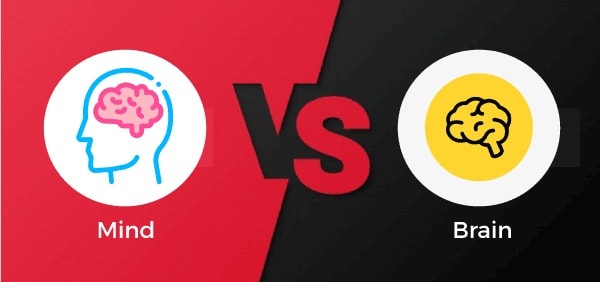Digital technology has become an essential component of our daily lives in the modern world. It is a vital tool for communication, education, entertainment, and work. However, with the increase in our dependence on technology, a new form of dependence has emerged - digital dependence. This type of behavior involves excessive and compulsive use of digital devices and platforms, resulting in negative effects such as anxiety, depression, and social isolation. In this article, we examine the impact of the digital age on our lives and whether we are becoming enslaved to yet another form of bad habits.
Undeniably, the advancement of digital technology has brought numerous benefits. For instance, the internet has made it easier to connect with people globally, access information, and even work remotely. Social media platforms such as Facebook, Twitter, and Instagram have enabled us to stay in touch with loved ones, share ideas and experiences, and form communities around shared interests. However, the downside of this connectivity is that it can become a source of constant distraction, leading to the neglect of real-life relationships and responsibilities.
Although not a new phenomenon, digitally dependence has become increasingly common in recent years. According to a study conducted by Common Sense Media, teenagers spend an average of nine hours daily on digital devices, while adults spend around four hours a day. This excessive use of technology has been linked to various adverse effects, including decreased academic performance, increased anxiety and depression, and poor sleep quality. Furthermore, the constant urge to check notifications and updates has given rise to "digital FOMO" (fear of missing out), further contributing to dependence.
The addictive nature of digital technology is not by chance. Tech companies utilize persuasive design techniques such as infinite scrolling, notifications, and personalized content to keep users engaged. These techniques exploit our psychological weaknesses, such as the need for social validation and the fear of boredom. As a result, we spend more and more time on our devices, often without realizing the negative impact it has on our lives.
Determining if we are becoming enslaved to another form of dependence in the digital age is not a straightforward answer. While digital dependence is a genuine and escalating problem, we must also recognize the benefits of digital technology. It has revolutionized the way we communicate, learn, and work, and has the potential to enhance our lives in numerous ways. However, it is necessary to utilize it in moderation and be mindful of its adverse effects on our mental health and overall well-being.
In conclusion, the digital era has brought about numerous positive changes to our lives, but it has also given rise to a new form of dependence. Digital dependence is characterized by excessive and compulsive use of digital devices and platforms, which results in negative outcomes such as social isolation, anxiety, and depression. Although digital technology has the potential to improve our lives in numerous ways, we need to exercise moderation and be aware of its negative impact on our mental health and well-being. In the end, we must find a balance between the advantages and disadvantages of the digital age, and not allow ourselves to become enslaved to another form of dependence.
For any query related to mental health issues caused by digital dependence must consult the mental health professionals on time. Early intervention can help in big disasters in mental health later on.
Also, you can check in with Bhatia Neuropsychiatric Hospital or The Hermitage Rehab for best consultancy from expert doctors, psychiatrists, psychologists, therapists and counselor for time being professionals.
Bhatia Young Minds Care
Address: #22, Circular Rd, Medical Enclave, Amritsar, Punjab 143001
Phone No: +91 9115970700, +91-98143-70700, +91-98145-70700.
Website: www.bhatiayoungminds.com





